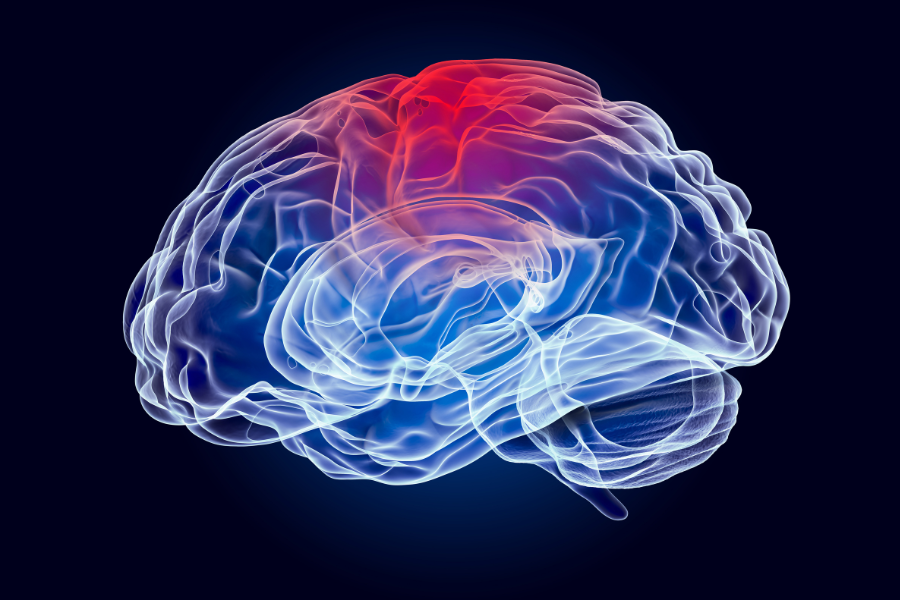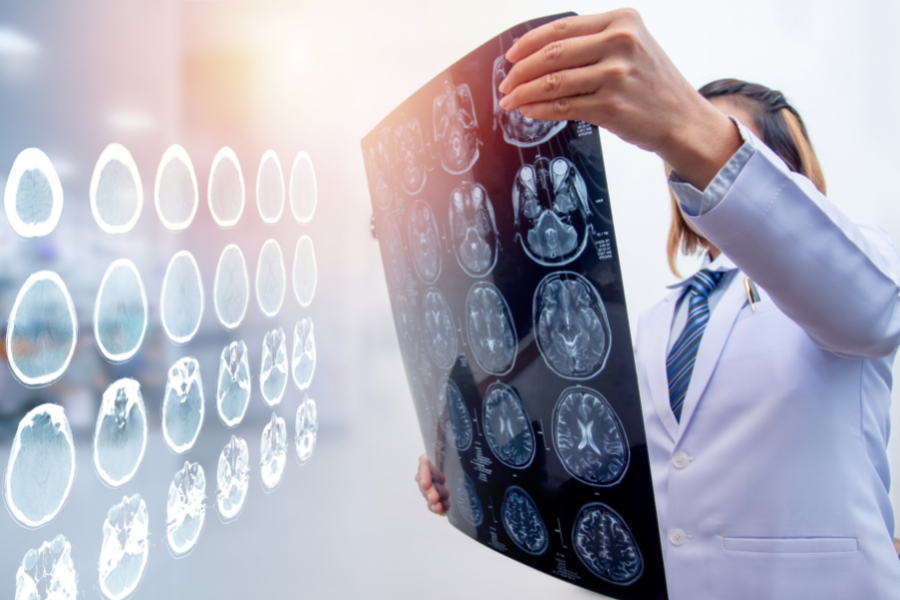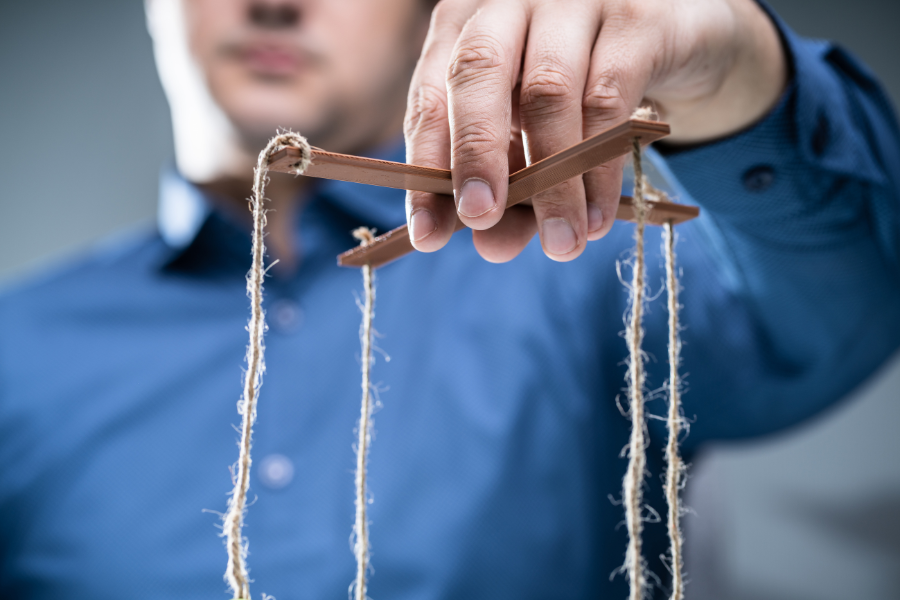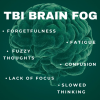Glossary of TBI Terms
Acquired Brain Injury: A type of brain injury sustained through an event that occurs sometime after birth. Activities of Daily Living (ADL): The routine, everyday self-care activities of personal hygiene such as bathing and dressing, as well as such activities as feeding and walking. Acute Care: Specialized hospital care for patients requiring specific types of […]
Glossary of TBI Terms Read More »












